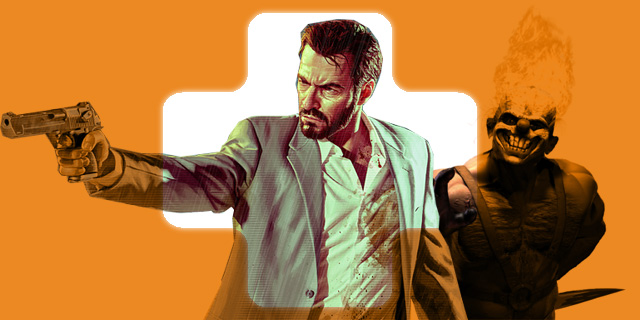
A few months back, I wrote about the importance of retracing our steps and going back to the games of the past for inspiration. Titles such as Fez became the hallmark of how to create something (mostly) original while resurfacing things from our past to create a more memorable experience. On a similar note, a year ago I wrote about franchise revivals, discussing the best ways to go about handling the resurrection of classic franchises. Unfortunately, both of these topics have a downside. While playing two of 2012’s big releases, I’ve discovered that some franchises and, by extension, game mechanics deserve to be left in the past. READ MORE
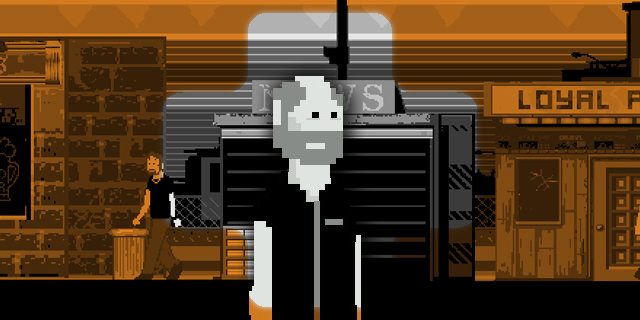
I’m not a big fan of PC gaming, at least not anymore. Yet, every now and again, a small title comes along that catches my attention and practically begs me to play it. These are usually indie darlings with a lot of interesting elements that lead to an uneven, but ultimately rewarding experience. Cart Life, a “retail simulator for Windows” that was released back in 2011, is one such game. It’s a title that demands so much, but in return gives you a look at the life of a character with a somewhat common and compelling story to tell.
Above all else, Cart Life demonstrates that you can ask the player to embark on the most tedious of journeys, if the end goal is ultimately something worth caring about. READ MORE
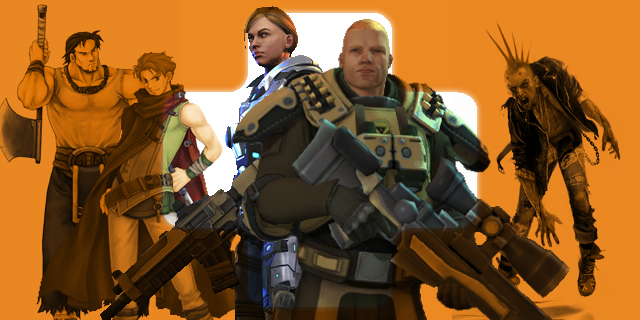
When doing my usual end of the year catch-up on games I missed in 2012, I found myself becoming addicted to XCOM: Enemy Unknown. Yes, the game is fantastic, but it brought to mind something else that I find intriguing about it and a few other games. The idea of permanent death (or permadeath) is something that you don’t see too often, but when it’s used, it can be one of the most effective ways to keep a player coming back for more. READ MORE
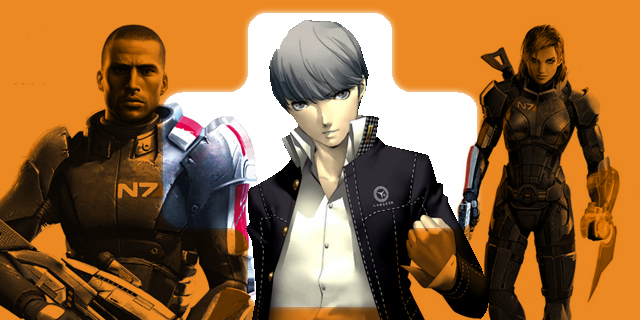
Have you ever considered that you have two social lives? The first is your real-life social experience, whether you are interacting with people in person or online. The other, however, is one not many people consider: your gaming social life. And I’m not talking about how you act when you get killed in a shooter or lose an intense match in a fighting game. I’m referring to how your personality is portrayed through a character in a game and how that character reacts to situations and other characters based on that personality.
Whether it is a character of your own creation or a character created by the developers, it’s very easy to get lost within the lives of these fictional people. With the continuing rise of player choice in games, we see it prevalent in a lot of genres, but the one that always comes back to it is the RPG.
READ MORE
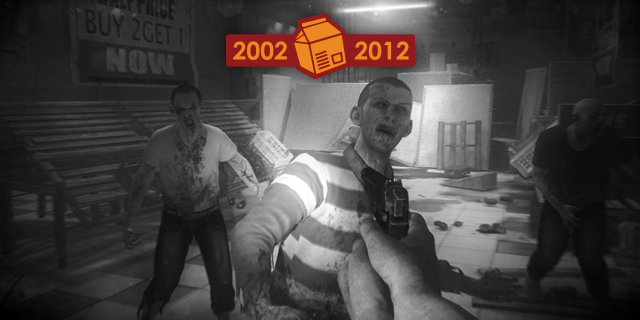
Before New Game+ began proper, I wrote a few assorted columns that eventually led to the creation of this feature. One of my personal favorites was a small piece about evolution of the survival horror genre, titled “the new horror.” While it was by no means great, it was the kind of thing I loved to examine, even briefly. Recently, the genre has gone through even more drastic changes, to the point where the most famous franchises have fallen on hard times or become less about horror and more about action. That’s fine; it’s how potentially-great series grow and become something bigger (and potentially better) than ever before. READ MORE
























